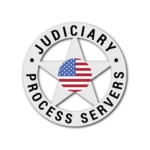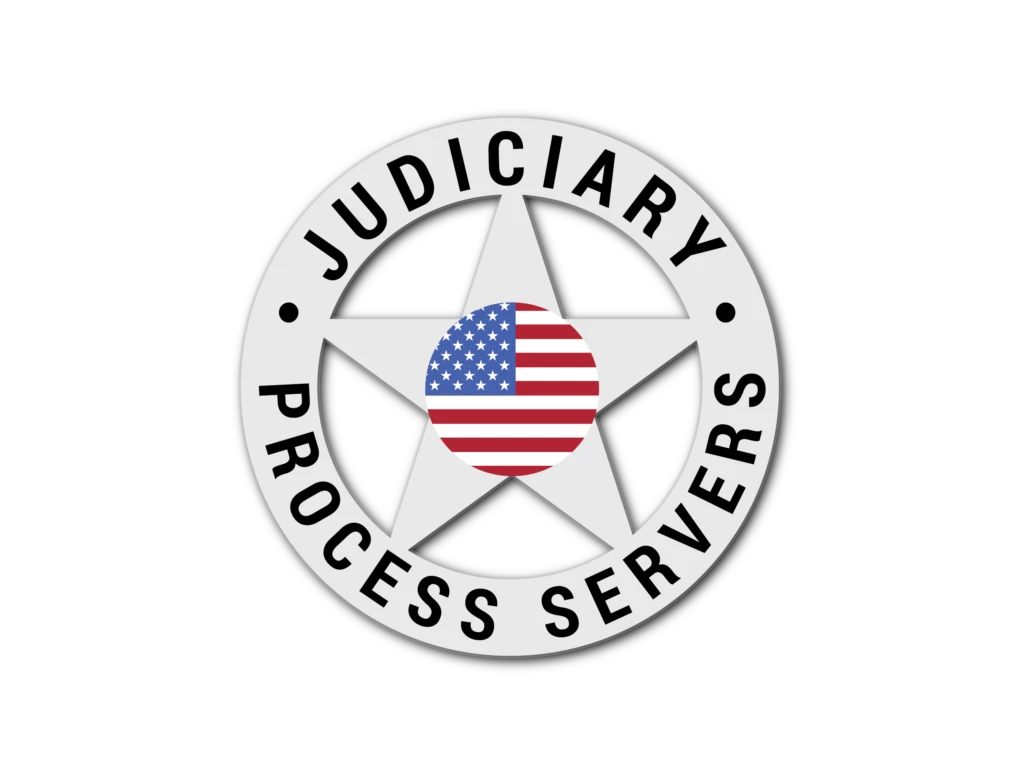Can A Process Server Serve You At Work?
Can A Process Server Serve You At Work?
If you’re wondering whether a process server can serve you at your place of work, the answer is yes – with some restrictions. Generally speaking, international service of process is allowed to do defendants at their places of employment, as long as they aren’t working in a secure or confidential area.
However, there may be some exceptions depending on the state in which you reside. In this article, we’ll discuss the rules around service of process at work and provide some tips for avoiding service if needed.
International Service Of Process
The first thing to understand is that service of process is governed by state law, so the rules will vary depending on where you live. That said, there are some general principles that apply in most states. For instance, almost all states allow the international service process at a person’s place of work.
There are a few exceptions to this rule, however. Some states expressly prohibit the service of process at certain types of workplaces, such as hospitals or schools. Other states may require the server to have permission from the employer before serving someone at their workplace. And in some cases, service may not be allowed if it would disrupt business operations.
If you’re being served with legal papers, your best bet is to check with an attorney in your state to find out what the specific rules are. They can tell you whether service is likely to be allowed at your workplace and, if so, what restrictions apply.
Avoiding Service At Work
Of course, just because process servers are allowed to serve you at work doesn’t mean they will be able to do so easily. There are a few things you can do to make it more difficult for them.
- First, if you know you're going to be served with legal papers, try to avoid being at work when the server comes. This may mean taking a personal day or working from home on the day of service.
- Second, if you have a receptionist or other type of gatekeeper at your workplace, let them know not to accept service on your behalf. The server will then have to find you directly, which can be much more difficult.
- Finally, keep in mind that process servers are allowed to come onto your property to serve you, so don't think you can avoid them by staying inside your workplace. If they can't find you, they may simply leave the papers with a co-worker or supervisor.
Tips For Avoiding Service Of Process:
- Understand the rules in your state
- Know where process servers are allowed to serve papers
- Keep an eye out for people who may be trying to serve you papers
If you’re worried about being served at work, there are a few things you can do to avoid it. First, make sure you understand the rules in your state regarding the service of the process.
In some states, process servers are allowed to serve process papers anywhere on the property, while in others they may be restricted to serving papers in common areas only.
If you know where proper service is allowed to serve papers, you can keep an eye out for them and avoid being served in a place where you’re not supposed to that be served or cannot have formal service.
Finally, if you see someone who looks like they might be trying to serve you papers, don’t hesitate to ask them what they’re doing. If they’re a process requires a server, they’ll likely tell you so. If not, then you have nothing to worry about.
By following these tips, you can avoid being served at work and keep your job safe.
Judicial and Extrajudicial Documents
If you have been served with legal papers, it is important to know the difference between a judicial and extrajudicial process server.
Judicial Process Server
It is a person who works for the court system and delivers summons, complaints, subpoenas, and other legal documents to individuals involved in a case. More like Judicial Officers. You may also need international judicial assistance with judicial documents.
Extrajudicial Process Server
If you have been served with papers by an extrajudicial process server, it is important to know that they are not required to follow the same rules as judicial process servers. For example, an extrajudicial process server is not required to tell you that they are serving your papers.
Additionally, extrajudicial process servers are not required to follow the same rules regarding where they can serve papers. They can serve papers anywhere, including at your workplace. Then the extrajudicial documents transmitted pursuant and need the foreign sovereign immunities act.
Foreign Country Server
If you have been served with papers from a foreign country or foreign government, it is important to know that the rules regarding the process of international service may be different. In some cases, you may be required to appear in court in a foreign receiving country.
Hague Service Convention
The Hague Service Convention is an international treaty that provides for the service of processes in civil. If you have been served with papers from a country that is not a member of the Hague Convention. It is important to know that the rules regarding service may be different. If you have direct service you need outgoing requests or certified mail that can show to the justice’s office. You can also use such a method in service requests. Formal requests must have because that the proper process service in a local court or American court.
For more information on avoiding being served at work, or on the service of process in general. Contact a local process server or attorney.
Final Thoughts
Service of process is an important part of the legal system. It can also be a nuisance if you’re not expecting it. If you find yourself in a situation where you may be served at work. Follow these tips to avoid being served and keep your job safe.
This article provides tips on how to avoid being served at work. First, make sure you understand the rules in your state regarding the service of the process. Services have methods and laws, In many countries, they’re always permitted in translation requirements. A default judgment is considered valid and they also have target language when it comes to personal service.
AGGRESSIVE AND PROFESSIONAL NATIONWIDE PRIVATE PROCESS SERVERS
Here at Judiciary Process Servers, it’s our number one priority to make your job easier. Whether you need legal documents served, a foreign subpoena domesticated, or court documents retrieved, our expert team of professionals are ready to help. Call today for a free quote!
Account
Connect
National Headquarters
8482 Fort Smallwood Road
Suite B-110
Pasadena, MD 21122
8482 Fort Smallwood Road
Suite B-110
Pasadena, MD 21122
© Copyright by Judiciary Process Servers 2021 | Web Design by Exo Agency
No products in the cart.

